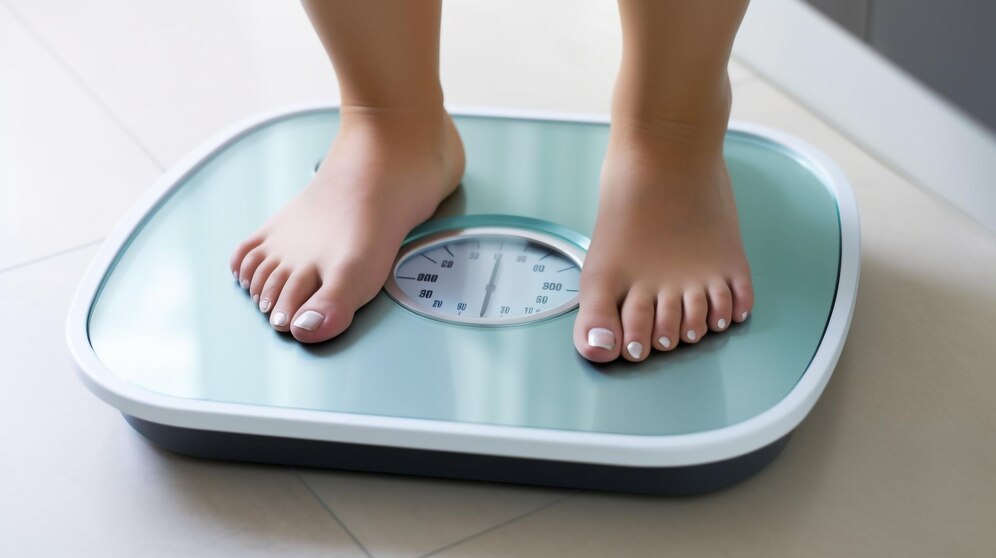The number of calories you burn daily depends on your height, weight, and activity level. Knowing your daily calorie needs can help you achieve your health goals.
It’s important to understand that every day you burn calories while performing your daily activities, exercising, and moving around. The number of calories you need each day can vary depending on your body type and activity level. On average, most women need 1,600–2,200 calories per day, while most men require 2,200–3,000 calories per day.
You can calculate the number of calories you burn each day using the Mifflin-St Jeor formula. This formula helps you determine your resting metabolic rate (RMR), which is the amount of energy your body requires to function at rest. To determine the number of calories you need per day to maintain your current weight, you’ll need to use another calculation that takes into account your activity levels.
If you eat more calories than what you burn, you’re likely to gain weight, and eating fewer calories than what you burn is likely to lead to weight loss. This article provides a step-by-step guide on how to calculate your calorie needs based on your health goals.
How many calories should I burn per day?
The amount of calories to burn daily depends on personal health, fitness goals, and other factors.
- age
- sex
- height
- weight
- activity levels
For Weight Loss
To lose weight, you need to create a calorie deficit. This means either consuming fewer calories than your body needs, burning more calories through physical activity, or combining both. For sustainable weight loss, it’s recommended to create a calorie deficit of around 500-750 calories per day, which is less than your total daily energy expenditure (TDEE).
For example, if your TDEE is 2,200 calories per day, a calorie deficit of 500-750 calories would be 1,450-1,700 calories per day.
Larger calorie deficits may result in quicker weight loss, but they can be challenging to maintain long-term because they often lead to significant hunger.
As a result, your body may slow down your metabolism or cause fatigue to prevent further weight loss. Additionally, a calorie deficit that is too large can cause the loss of lean muscle mass. To preserve lean muscle while promoting fat loss, it’s recommended to create a mild calorie deficit and engage in resistance training.
Numerous factors can influence weight loss including:
- age
- genetics
- hormones
- medical conditions
- medications
It’s best to consult a healthcare professional to develop personalized recommendations for your weight loss journey.
For Weight Maintain
If you wish to maintain your weight, it’s crucial to ensure that the number of calories you consume matches the number of calories you burn. To determine the number of calories your body needs to sustain its present weight, you must calculate your TDEE.
If you observe that you’re gaining weight, it could be an indication that you’re consuming more calories than you’re burning. Alternatively, you may be burning fewer calories than you intend to.
If you’re losing weight, it’s likely that you’re not consuming enough calories or burning too many calories.
For Weight Gain
If your goal is to gain weight, you need to consume more calories than your body needs, expend fewer calories, or do a combination of both. However, just like in the case of a calorie deficit, you should do this gradually to ensure a healthy and sustainable weight gain. A mild calorie surplus of around 300-500 calories can lead to slow, steady weight gain.
For instance, if your calorie needs are 2,200 calories per day, a calorie surplus would be between 2,500-2,700 calories per day. It is not advisable to consume an excessively high number of calories while limiting physical activity as this can result in excessive fat accumulation and a lack of important health benefits from exercise.
To support gradual weight gain, it is best to choose nutrient-dense foods that are higher in calories. Examples include whole milk and yogurt, protein shakes, avocados, nuts, seeds, and their oils, rice, other whole grains, salmon, and other oily fish. If eating larger meals is difficult, you can try eating more frequent smaller meals instead. Additionally, you may want to reduce the time, frequency, or intensity of your exercise if you are extremely active.
In some cases, your healthcare professional may advise you to gain weight quickly, so it is essential to follow their guidance.
Factors Affecting Daily Calorie Burn
Several factors influence how many calories you burn in a day:
- Basal Metabolic Rate (BMR): Your BMR is the number of calories your body needs to maintain basic functions like breathing and circulation while at rest. It accounts for the majority of calories you burn each day, typically around 60% to 75%.
- Physical Activity: The more active you are, the more calories you burn. Activities like walking, running, and strength training all contribute to your total daily calorie burn.
- Non-Exercise Activity Thermogenesis (NEAT): NEAT refers to the calories burned during daily activities that are not considered exercise, such as standing, fidgeting, or doing household chores.
- Thermic Effect of Food (TEF): TEF is the energy required to digest, absorb, and process the nutrients in your food. It accounts for about 10% of your total daily calorie burn.
- Muscle Mass: Muscle tissue burns more calories than fat tissue, so having more muscle can increase your BMR and overall calorie burn.
How to Calculate Your Daily Calorie Burn
To estimate your daily calorie burn, you can use the following formulas:
- Harris-Benedict Equation: This equation estimates your BMR based on your age, gender, weight, and height. Once you have your BMR, you can multiply it by an activity factor to estimate your total daily calorie burn.
- Activity Trackers: Wearable devices like fitness trackers can estimate your daily calorie burn based on your activity level and other factors.
- Online Calculators: Many online calculators can estimate your daily calorie burn based on your age, gender, weight, height, and activity level.
Calories burned in 30 minutes for different activities:
| Task | 125-lb (56.7-kg) person | 155-lb (70.3-kg) person | 185-lb (83.9-kg) person |
|---|---|---|---|
| Walking at 4.5 mph | 150 | 186 | 222 |
| Cleaning the gutters | 150 | 186 | 222 |
| Mowing the lawn | 135 | 167 | 200 |
| Gardening | 135 | 167 | 200 |
| Washing the car | 135 | 167 | 200 |
| Walking at 4 mph | 135 | 167 | 200 |
| Walking at 3.5 mph | 120 | 149 | 178 |
| Playing with the kids (moderate activity) | 120 | 149 | 178 |
| Grocery shopping (with cart) | 105 | 130 | 155 |
| Cooking | 75 | 93 | 111 |
| Sitting in meetings | 49 | 60 | 72 |
| Light office work | 45 | 56 | 67 |
| Computer work | 41 | 51 | 61 |
| Standing in line | 38 | 47 | 56 |
| Reading | 34 | 42 | 50 |
| Watching television | 23 | 28 | 33 |
| Sleeping | 19 | 23 | 28 |
FAQs
What is the average number of calories burned naturally in a day?
On average, a person naturally burns around 1,800 to 2,400 calories per day, depending on their age, gender, weight, and activity level.
What is the normal daily calorie burning requirement?
The normal daily calorie burning requirement varies based on several factors such as age, gender, weight, and activity level. As a general rule, an adult woman needs to burn around 1,600 to 2,400 calories per day, while an adult man needs around 2,000 to 3,000 calories per day.
How many active calories should I aim to burn daily?
The recommended daily active calorie burn is 250-400 calories for an average adult. However, it can vary based on individual factors such as age, gender, weight, and activity level.
How many steps are needed to burn 500 calories?
The number of steps needed to burn 500 calories varies based on individual factors such as age, gender, weight, and activity level. However, on average, a person needs to walk around 5 miles or take approximately 10,000 steps to burn 500 calories.
How many calories are burned in a day while doing nothing?
The number of calories burned in a day while doing nothing varies based on individual factors such as age, gender, weight, and metabolism. However, on average, a sedentary person burns around 1,000 to 1,800 calories per day.





